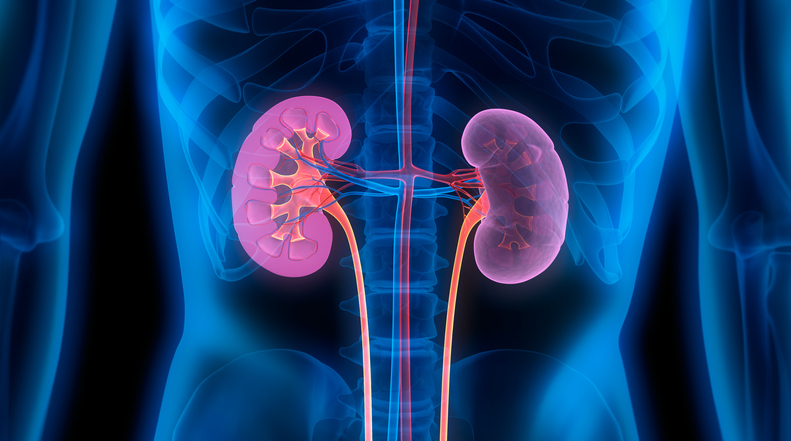A new treatment option for lupus nephritis has emerged with the FDA’s recent approval of Roche’s drug, Gazyva. This biologic therapy, previously established as a cancer treatment, is now authorized for use in adults with active lupus nephritis who are also undergoing standard therapies. The announcement was made on Monday, expanding the therapeutic landscape for this complex autoimmune disorder.
Lupus nephritis is a severe complication of systemic lupus erythematosus, where the immune system erroneously attacks the body’s tissues and organs. In this condition, autoantibodies lead to kidney inflammation, resulting in the loss of nephrons, the essential units responsible for filtering blood and producing urine. The irreversible damage to nephrons can significantly impair kidney function, causing many patients to progress to end-stage kidney disease that necessitates dialysis or a transplant. According to Roche, approximately 1.7 million individuals globally suffer from lupus nephritis, with a majority being women.
Gazyva, a monoclonal antibody, functions by targeting B cells, a type of immune cell involved in inflammation. Specifically, the drug binds to CD20, a protein on the surface of B cells, initiating mechanisms that lead to cell death. Initially approved in 2013 for chronic lymphocytic leukemia, Gazyva is now being repurposed as a treatment for autoimmune diseases, showcasing how cancer therapies can find new applications in immunology.
The FDA’s approval was supported by data from a placebo-controlled Phase 3 clinical trial, which assessed the efficacy of Gazyva in conjunction with standard treatments, including immunosuppressants and anti-inflammatory medications. Results indicated that nearly 46.4% of participants receiving Gazyva achieved a complete renal response, compared to 33.1% in the placebo group. Participants in the Gazyva group also showed significant improvements in protein levels associated with autoimmune activity and reductions in corticosteroid usage.
Levi Garraway, Roche’s chief medical officer and head of global product development, emphasized the importance of this approval. “People with lupus nephritis who achieve a complete renal response are more likely to experience preserved kidney function and delay, or even prevent, progression to end-stage kidney disease,” he stated in a prepared statement. Garraway noted that Gazyva’s approval represents a critical advancement towards establishing a new standard of care for lupus nephritis, enhancing treatment options for patients.
With Gazyva’s launch in this new indication, Roche aims to provide an alternative to GSK’s established product, Benlysta. Approved by the FDA in 2011 for systemic lupus erythematosus, Benlysta was the first biologic treatment for this autoimmune disorder. Its label was expanded in 2020 to include lupus nephritis, and GSK reported £1.5 billion (approximately $2 billion) in revenue for Benlysta in 2024, reflecting a more than 10% increase from the previous year.
Additionally, in 2021, AstraZeneca received FDA approval for its biologic drug Saphnelo, which is only approved for systemic lupus erythematosus, further diversifying the market for lupus treatments.
Gazyva, known as Gazyvaro in Europe, is already approved in 100 countries for various blood cancers. Roche reported 910 million Swiss francs (approximately $1.15 billion) in revenue for Gazyva in 2024, marking a 12.2% increase over the previous year. The drug is still undergoing regulatory review for lupus nephritis in Europe, and a committee from the European Medicines Agency recently recommended its approval.
Roche is also pursuing further opportunities to expand Gazyva’s indications, with ongoing clinical trials investigating its effects in systemic lupus erythematosus, membranous nephropathy, idiopathic nephrotic syndrome, and among children and adolescents with lupus nephritis. This strategic move underscores Roche’s commitment to advancing treatment options in autoimmune diseases and improving patient outcomes worldwide.
